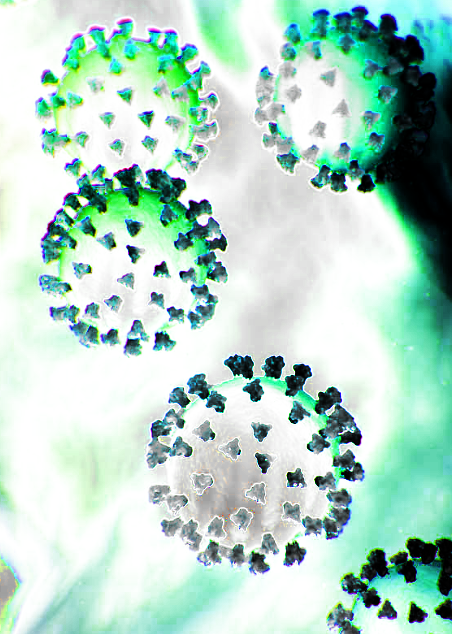Infection effects studied
 Experts are studying what happens in the period after COVID-19 infection.
Experts are studying what happens in the period after COVID-19 infection.
A new research report suggests catching COVID-19 may protect against a second infection for 6 months.
In 2020 and early 2021, people who had been infected with SARS-CoV-2 had around 72 to 86 per cent protection against reinfection with the virus for at least six months, according to the new study.
Researchers analysed PCR and blood tests collected between April 2020 and February 2021 from a cohort of 4,441 SpaceX employees located in the USA.
Participants gave serological samples for antibody testing at four time points, and could request PCR tests for any reason, including COVID-19 symptoms or exposure.
Of the individuals included in the study, 309 (8.2 per cent) had tested positive for COVID-19 antibodies by the end of August 2020, indicating prior infection.
A reinfection was defined as a new positive PCR test more than 30 days after an initial positive antibody test, identifying 14 possible reinfections.
Researchers estimated an odds ratio for reinfection ranging from 0.14 to 0.28, depending on the time period considered.
The study was limited by the fact that the cohort was unlikely to be representative of the general population. Additionally, only possible reinfections were considered, as opposed to probable or true reinfections.
As possible reinfections did not meet a stringent case definition, such as confirmation through genomic sequencing, they may include cases of prolonged viral shedding following an initial infection.
This would result in an overestimation of the odds ratio for reinfection and so the analysis reflects the minimum possible effect of antibodies on future SARS-CoV-2 infection risk.
However, the study provides an early estimation of protection against reinfection in a workplace cohort and is broadly in line with what has been seen in other cohorts.
“This suggests that primary infection with SARS-CoV-2 provides protection against reinfection in the majority of individuals, at least over a sixth month time period,” the researchers say.
“In this study we used data from US workplaces in 2020 and found that the majority of individuals with antibodies for SARS-CoV-2 were protected from reinfection within a six-month period,” says Dr Emilie Finch of London School of Hygiene & Tropical Medicine, UK.
“We also highlight some of the challenges involved in understanding the potential for reinfection early in an epidemic and show how jointly analysing PCR and antibody data can help to account for these.”
In another recent study, researchers found that antibodies from COVID infection may out-perform those from vaccines after 6 months.
The study found that previous COVID-19 infection, but not vaccination, improves performance of antibodies and potentially provides longer-term protection.
It says that although over time the number of SARS-CoV-2 antibodies falls in both previously infected and vaccinated patients, the performance of antibodies improves only after previous infection (and not vaccination).
This difference could explain why previously infected patients appear to be better protected against a new infection than those who have only been vaccinated.
Researchers at the Sheba Medical Center in Israel also found that, contrary to expectations, previously infected patients with obesity had a higher and more sustained immune response than overweight and normal weight range patients.
The research will be presented at this year's European Congress of Clinical Microbiology & Infectious Diseases (ECCMID 2022, Lisbon, 23-26 April).








 Print
Print